South Africa
Pretoria could be forced to arrest the Russian president in respect of its obligations vis-à-vis international justice, in particular the Rome Statute. The government of Cyril Ramaphosa does not hide its concern.
Since the International Criminal Court (ICC) issued an arrest warrant on March 17 against Russian President Vladimir Putin for alleged war crimes in Ukraine, all eyes have been on South Africa.
A question is on everyone's lips: will the head of the Kremlin expected on August 24, 2023, on the sidelines of the work of the 15th BRICS summit be handed over to international justice?
This move remains hypothetical. But the subject is the object of tension within South African power.
The arrest warrant “is obviously a matter of concern” declared Naledi Pandor, the South African Minister for International Relations and Cooperation, on March 24.
South Africa has been a signatory to the Rome Statute since 1988. Nelson Mandela was then president.
The authorities have been recalling for several days both South Africa's position of non-alignment on the Russian-Ukrainian conflict and its attachment to the principle of legality as a state.
The imbroglio is therefore currently under discussion on the legal side. "We are awaiting a legal opinion on the matter," said Minister Naledi Pandor in particular.
The Omar al-Bashir case
In June 2015, the visit of Omar Al-Bashir, then President of Sudan, shook the country. He was under two arrest warrants from the ICC for genocide and crimes against humanity.
Ten days before the 25th African Union summit, the government of then President Jacob Zuma had provided all its hosts with written assurances that they would be covered by the diplomatic immunity attached to their office. But as this summit of heads of state opened in Johannesburg, three judges of the High Court of Pretoria, seized of a complaint by the organization South Africa Litigation Center (SALC), had ordered to prevent any departure of the Sudanese President, time to deliberate.
Twenty-four hours later, they demanded the arrest of Omar Al-Bashir. But the former president was already on a plane to Khartoum.
The judges of the CP had then summoned South Africa to explain itself in The Hague. Civil society had accused the government of ignoring the decisions of its own judges.
Since the launch of the arrest warrant on March 17, the ruling party – the ANC – has so far not spoken. He leaves it to the government to find a way out.
For its part, the opposition asked the head of state to refuse to welcome Vladimir Putin.
Like the 123 members of the Court, South Africa has ratified the statute of the ICC and would therefore, according to its judges, have the obligation to execute all its arrest warrants. The question is nonetheless divisive.
Some claim that a country must respect the immunity of heads of state who have not joined the Court. And this is the case of Russia.



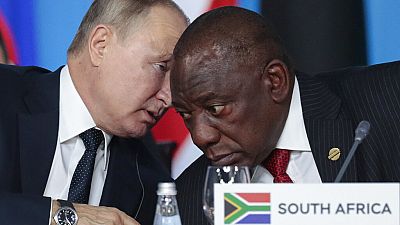

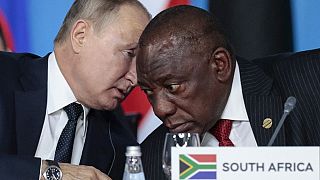
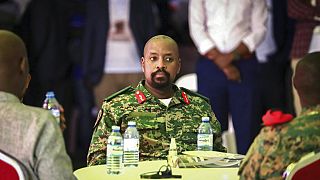
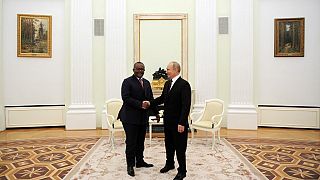
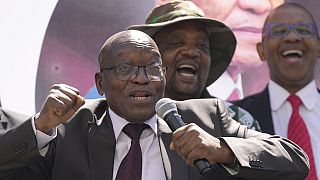
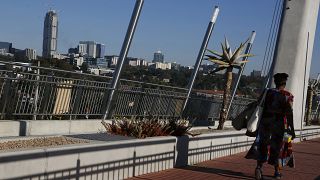

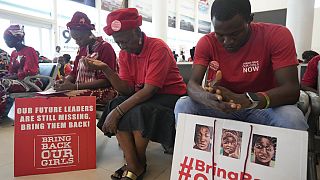
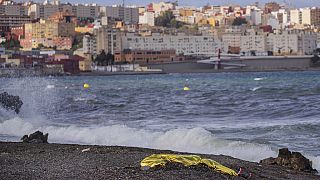
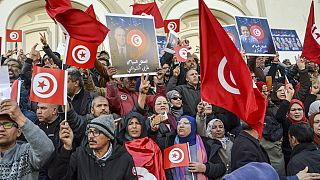
00:54
Russian military trainers arrive in Niger as relations deteriorate with the US
01:00
South Africa: parliamentary speaker faces imminent arrest over graft charges
01:58
Putin addresses French president's concerns over Russian presence in Africa
01:10
Joseph Kony: ICC sets October 15 for confirmation of charges hearing
01:12
Russia: Alexei Navalny buried in Moscow under police presence
01:36
Victims of jailed Ugandan militia leader to receive $56 million in compensation- ICC